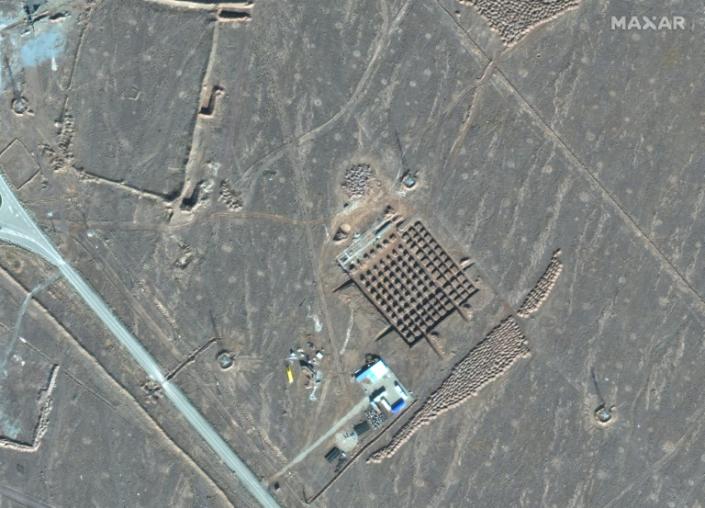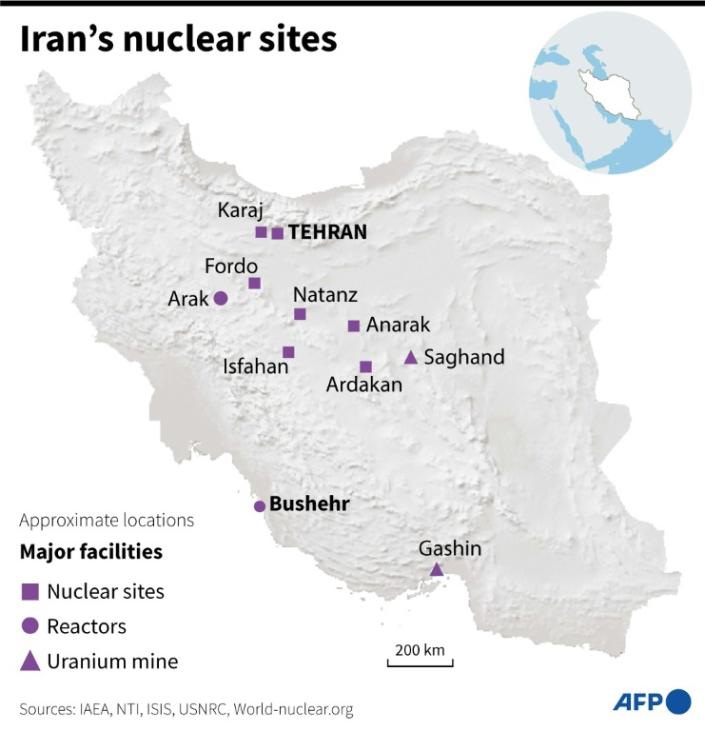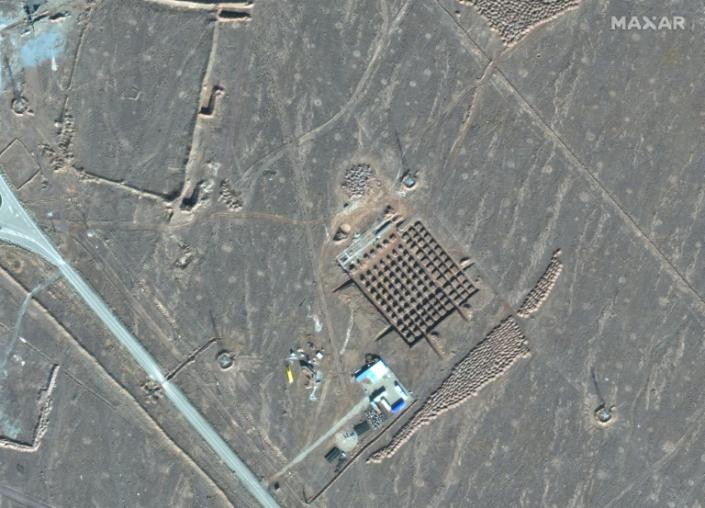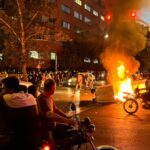
Iran has begun producing uranium enriched to 60 percent at its Fordo plant, which was reopened in 2019 amid the breakdown of a nuclear agreement with major powers, reports said Tuesday.
“Iran has started producing uranium enriched to 60 percent at the Fordo plant for the first time,” Iran’s ISNA news agency reported.
An atomic bomb requires uranium enriched to 90 percent, so 60 percent is a significant step towards weapons-grade enrichment.
Iran has always denied any ambition to develop an atomic bomb, insisting its nuclear activities are for civilian purposes only.
Under a landmark deal struck in 2015, Iran agreed to mothball the Fordo plant and limit its enrichment of uranium to 3.67 percent, sufficient for most civilian uses, as part of a package of restrictions on its nuclear activities aimed at preventing it covertly developing a nuclear weapon.
In return, major powers agreed to relax sanctions they had imposed over Iran’s nuclear programme.
But the deal began falling apart in 2018 when then US president Donald Trump pulled Washington out of the deal and reimposed crippling economic sanctions.
The following year, Iran began stepping away from its commitments under the deal. It reopened the Fordo and starting enriching uranium to higher levels.
In January 2021, Iran said it was working to enrich uranium to 20 percent at Fordo. Several months later another Iranian enrichment plant reached 60 percent enrichment.
US President Joe Biden has expressed a desire for Washington to return to a revived deal and on-off talks have been underway since April last year.


US Secretary of State Antony Blinken said late last month that he saw little scope to restore the deal, as Iran battles nationwide protests sparked by the September death in morality police custody of Mahsa Amini, a 22-year-old Kurdish woman.
The heavily protected Fordo plant around 180 kilometres (110 miles) south of Tehran was built deep underground in a bid to shield it from air or missiles strikes by Iran’s enemies.
Arch foe Israel has never ruled out military action if it deems it necessary to prevent Iran developing a nuclear weapons capability.
Israel is widely suspected to hold the region’s sole if undeclared nuclear arsenal, although it has consistently refused to confirm or deny that it is nuclear-armed.
The implementation of the 2015 deal was overseen by the International Atomic Energy Agency but the UN watchdog’s relations with Iran have declined sharply in recent months.
The IAEA board of governors passed a resolution on Thursday criticising Iran for its lack of cooperation.
Iran said Monday it was taking retaliatory measures against the International Atomic Energy Agency over a resolution criticising Tehran’s lack of cooperation with the nuclear watchdog.
The ISNA news agency said that the upgrade at Fordo was part of Iran’s response.
“As well, in a second action in response to the resolution, Iran injected (uranium hexafluoride) gas into two IR-2m and IR-4 cascades at the Natanz plant,” it said, referring to an older enrichment facility.
ap/kir/fz




